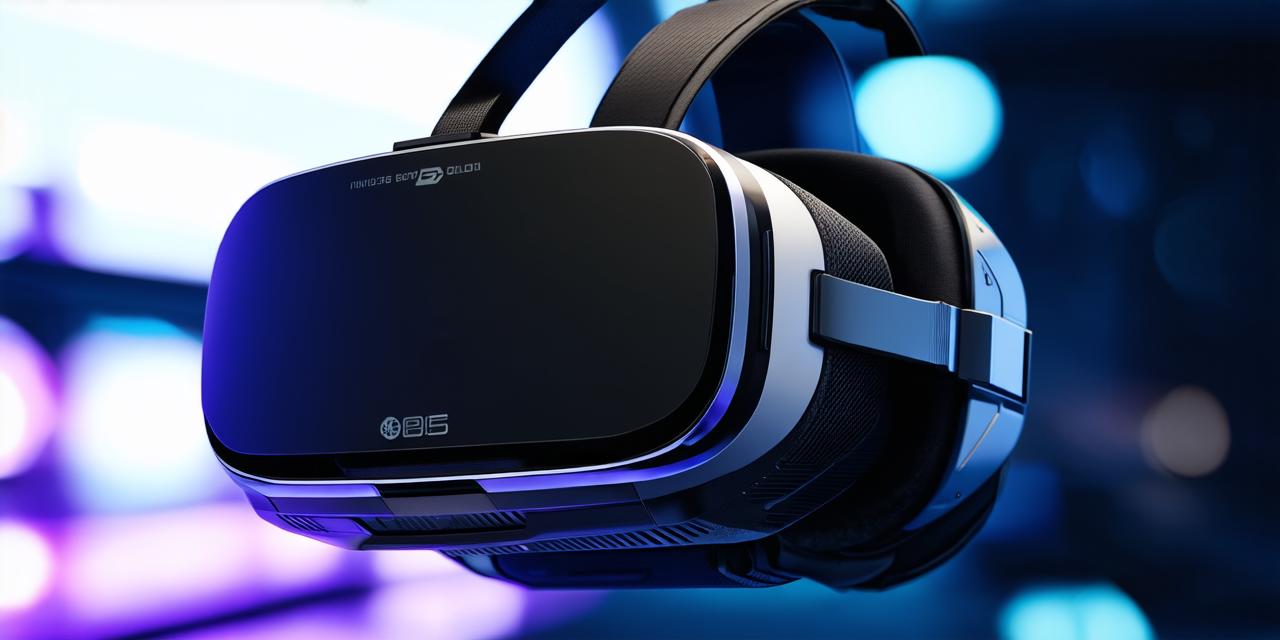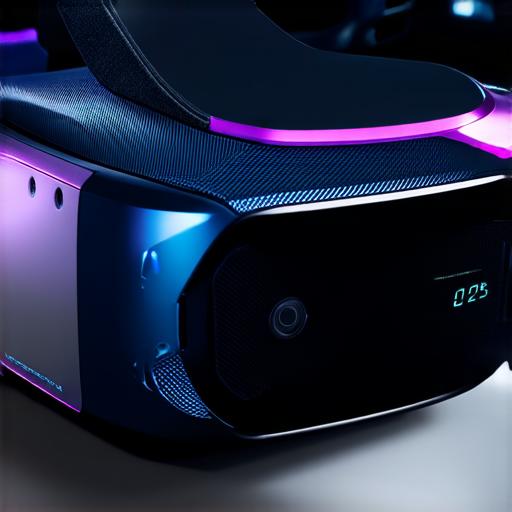
How Virtual Reality is Revolutionizing the Business World
1. Enhancing Customer Experiences
One of the most powerful applications of VR in the business world is in customer experiences. By creating immersive, interactive environments that allow customers to experience products and services in a whole new way, companies can create more engaging, memorable experiences that can lead to increased sales and loyalty.
For example, the automotive industry is using VR to allow customers to virtually test drive cars without leaving a showroom. This not only saves time and resources for dealerships, but it also allows customers to get a better sense of what a car feels like to drive before making a purchase.
Similarly, the fashion industry is using VR to let customers try on clothes virtually. This not only saves time and resources for retailers, but it also allows customers to see how clothing looks and fits on them in a more realistic way than traditional fitting rooms.
2. Improving Productivity
Another key benefit of VR is that it can be used to improve productivity and efficiency in the workplace. By creating immersive training simulations, companies can help employees develop new skills and knowledge in a safe and controlled environment.
For example, the military is using VR to train soldiers in a wide range of scenarios, from basic combat training to complex mission planning. This allows soldiers to develop their skills and knowledge in a simulated environment, without putting themselves or others at risk.
Similarly, the healthcare industry is using VR to help doctors and nurses practice surgeries and other medical procedures. By creating realistic simulations of real-life scenarios, medical professionals can hone their skills and knowledge in a controlled environment, leading to better patient outcomes and reduced risk of complications.
3. Increasing Sales
Finally, VR is also being used to increase sales for companies across a wide range of industries. By creating immersive product demonstrations and virtual showrooms, businesses can help customers see products in a whole new way, leading to increased interest and demand.
For example, the real estate industry is using VR to allow buyers to virtually tour properties without having to physically be there. This not only saves time and resources for both buyers and sellers, but it also allows buyers to get a better sense of what a property feels like before making an offer.
Similarly, the home improvement industry is using VR to allow customers to see how furniture and decor products would look in their homes before making a purchase. This not only saves time and resources for both customers and businesses, but it also helps customers make more informed purchasing decisions.
FAQs
Q: How is VR being used in the entertainment industry?
A: VR is being used to create immersive, interactive environments that allow users to experience games, movies, and other forms of media in a whole new way.
Q: What are some real-life examples of companies using VR to great effect?
A: The automotive, fashion, military, healthcare, real estate, and home improvement industries are all using VR to enhance customer experiences, improve productivity, and increase sales.
Q: How does VR help businesses save time and resources?

A: VR allows businesses to create immersive training simulations, virtual product demonstrations, and other applications that can be used to train employees, showcase products, and improve customer experiences without requiring physical resources or travel.


